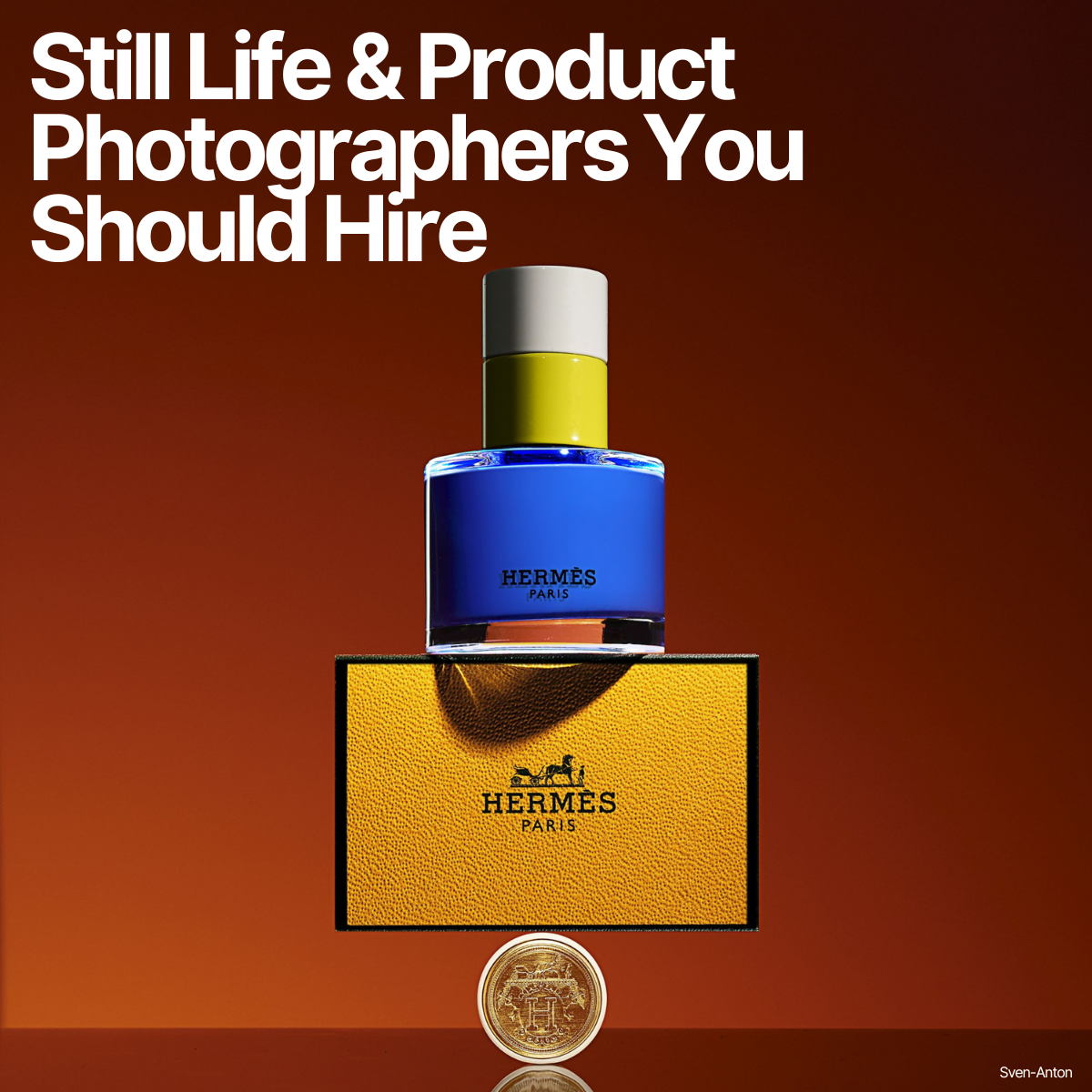Meet Mari Torres, Creative Lead at MRM and our Spotlight Awards judge in AI Image Developing and Creating category. In this conversation we discuss her career beginnings in Peru, and the importance of human connection in creative work and partnerships.
Can you tell us about your career journey, and what led you to where you are today?
I started working in advertising back in Lima, Peru. I started at DDB and made my first steps growing from Junior Art Director to Senior Creative. I won some awards, got some good work done, and worked for different brands, both internationally and locally. I got to a point where I thought about going somewhere else, and tried to figure out what was happening in other countries. I didn’t expect to come to Germany, but it just happened to work. I started in Hamburg where I worked for brands like BMW, like I did in Lima. I then continued my journey in Berlin. It’s been quite interesting to see the different environments of agencies in Germany. I’ve also been trying to bring more innovation and a digital point of view since I arrived.
You are set to judge the AI Image Developing category at this year’s Spotlight Awards. What opportunities and/or challenges does the rise of Artificial Intelligence present to photographers and creatives in general?
I believe one of the greatest things right now is software. For example, with Photoshop you can extend images, and add or fix certain details in one very good quality photo. This is one of the issues I always had in the past: you will have a really great picture and need to extend it, but it takes time. The tools are becoming so time-saving. One thing that I appreciate at the moment is bringing forward these tools that make photography and visuals come together faster.
Talking about the generated images, I would say there is still a long way to go. It’s creating inspiration, but won’t be a true competitor until it gets to a more realistic level. I think where it is right now is very inspirational. What we thought could stay only in our minds is finally coming into one image in just a few seconds. I think this is going to be moving super fast, but I still believe that talent from people will never be replaced completely. I think it’s something that no machine can recreate to the fullest yet.
In a position of leadership, how do you keep a team motivated throughout the creative process?
I think it is important to keep things grounded, and figure out a way to make do with what we have. I always like to be realistic, but I think there should be a little bit of room to play or propose something. I’m always trying to motivate my team to try to think outside the limitations of briefs that we sometimes get. I think that also helps us to keep thinking, even when not all the ingredients are there. Even with the smallest of briefs, you can do something great.
I’m always motivating them to keep thinking big, and keep thinking how we can bring a client or brand in the direction we need. I think that is something that’s very relevant. I also always try to keep an eye on how we can make progress bit by bit. Overall, always being in a good mood, staying positive, and engaging in topics that are not just work. I think it is important to connect with people on a human level, and not use work as the ultimate thing that connects us.
Lastly, it’s important to understand where everyone wants to go, what their skills are, what they still have to learn, and acknowledge what they want for their own journey. I think that is getting lost a little bit. In today’s world, we can forget that everyone has their own goals and their own approaches. We need to stay open and figure out what is the best for everybody to become a more solid team.
In your opinion, what are the most essential qualities you look for when scouting creative talent for projects?
It depends on the projects we get. I think it is important to always have team players that can listen but also bring something to the table. In general, a team should have different sets of skills, points of view, and people from different backgrounds. This adds a different perspective to creativity. It’s also important to have people with a certain set of values that can elevate the team on a human level.
What do you consider to be the mark of a good collaborative effort, and why?
I think collaboration comes to life when everybody is adding but also listening. I think that is the same for every team. When there is a proper flow of conversation, and continuous effort to bring an idea or project to life, that is the best. I would also say the passion to make things happen. There are people who just want to make things to get them done, and then there are people who want to make something outstanding. I think when you find people who have this fire, it’s important to bring something greater to life. I would say passion, and the openness to listen to each other, is what makes things great.
It is said that if you are not failing, you are not trying. What role does failure play in the journey to success in any creative role and/or industry?
I think failure is very important. You learn and you remember what’s not working, or what could have been done better. I think it also has to do with culture. Going from South America to Germany, I did have a little culture shock. I have a feeling that South America is a bit more easy going on the topic of failure because we see so much changing culturally. I think we approach change and problems in a different way. I have noticed that when it comes to Germany, sometimes the idea of failure or making a
mistake is not received well. I think this is the worst mistake you can make with talent. How can you learn to be great if you don’t make mistakes? Failure is very necessary to grow and to become a great professional. It should be there at any stage. Even if you are the boss you can make a mistake.
Can you tell us about one of the most important things you learned at the beginning of your career? How did it shape your journey thereafter?
I think one important thing I learned was to be in a team with people that can influence you positively. I don’t believe you can do anything if the people around you are not giving something of themselves. The people that surround you help make you into the person you are going to be in that moment. I would also say that working in advertising and communication, it’s super important to understand what’s happening in the lives of people today. We still have a lot of things from the past, like television and print, but the question today is where is the right place to speak to people? And what do we want to say? I think there is so much work to do to understand what people really need.
In life, you always have to stay open to learning and stay humble. Keep trying to figure out what’s the best way to bring a project to life. Always stay open to what is new, and surround yourself with people that help you grow as a creative.
Success in any creative field takes a steadfast dedication to your craft. What do you think creative professionals should remember on their journeys to realizing their potential?
I think it is important to stay humble and keep learning. It is also important to have the soft skills necessary to manage human situations. This is how you can network, get promotions, and meet people who can help you bring your ideas to life. I think it is also important to travel and experience other environments. This helped me a lot in so many different aspects. It’s valuable to try to see yourself and your work from a different perspective. In general, it is good to stay curious and open to learning. Ego is something that can get in your way. I have a good career, I’ve won awards and I’ve been among very successful people, but I’ve never felt better than anyone. I think you are never better than anyone, you are just someone with unique aspects who should respect everyone equally.
What value do you think the Spotlight Awards offer participating photographers and judges?
I think the greatest offer is to be visible. To have the chance to show your work and get outside perspectives about it. Also, I think a very important part of getting to success is understanding criticism. Obviously, you don’t have to take everything. But it always helps to have a bit of a filter from a bigger spectrum of where you are. I think it’s also great as a talent to see what other talents are doing.
As a judge, I can also find talent which would be interesting for me. It’s a great opportunity to bring talent into real projects, or keep them in mind for any kind of job. It’s really great what you guys are doing.
We thak Mari for the insigthful talk and looking forward to see your best images gnerated or editied with AI in our awards!

%20(2100%20x%20405%20px).png)


